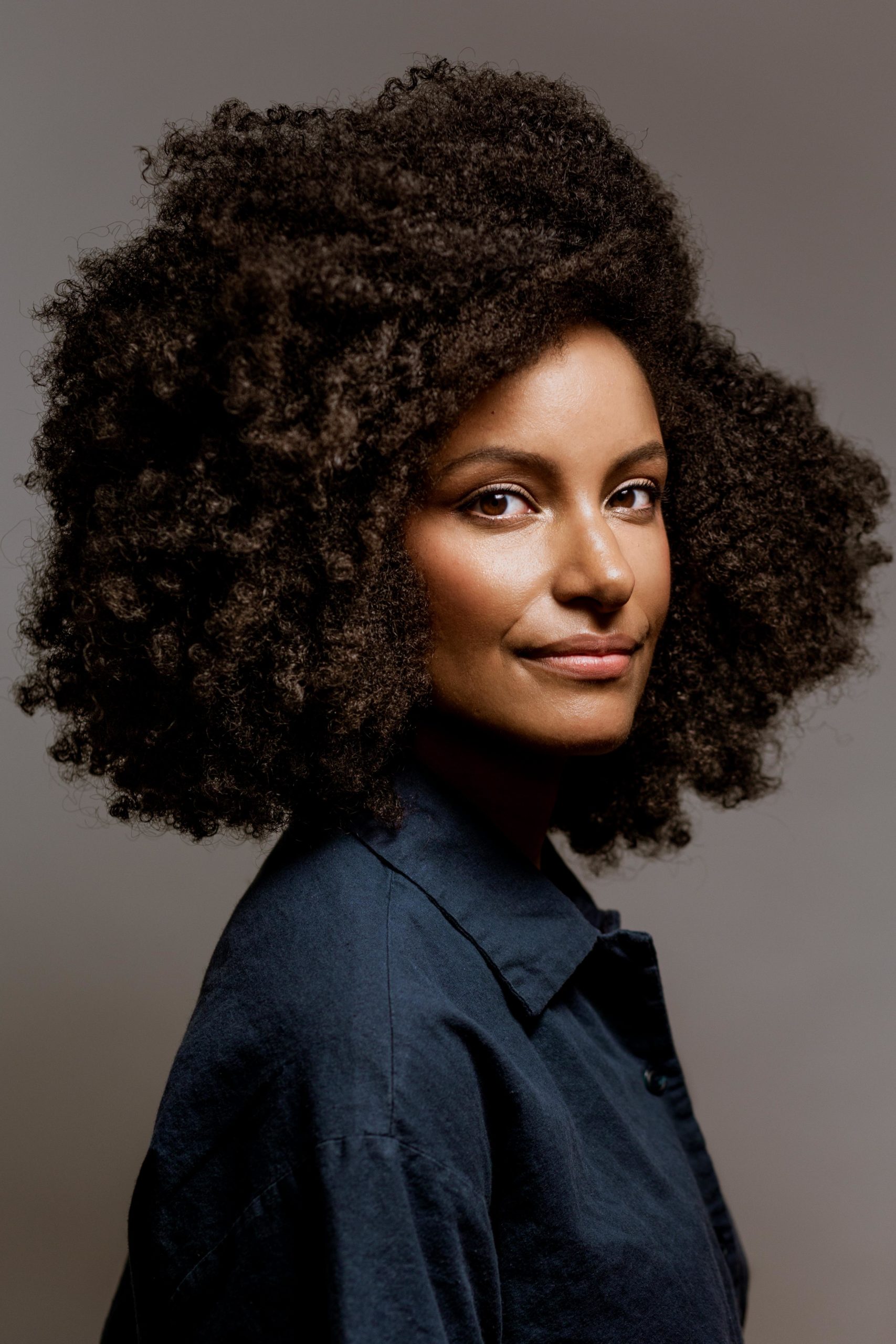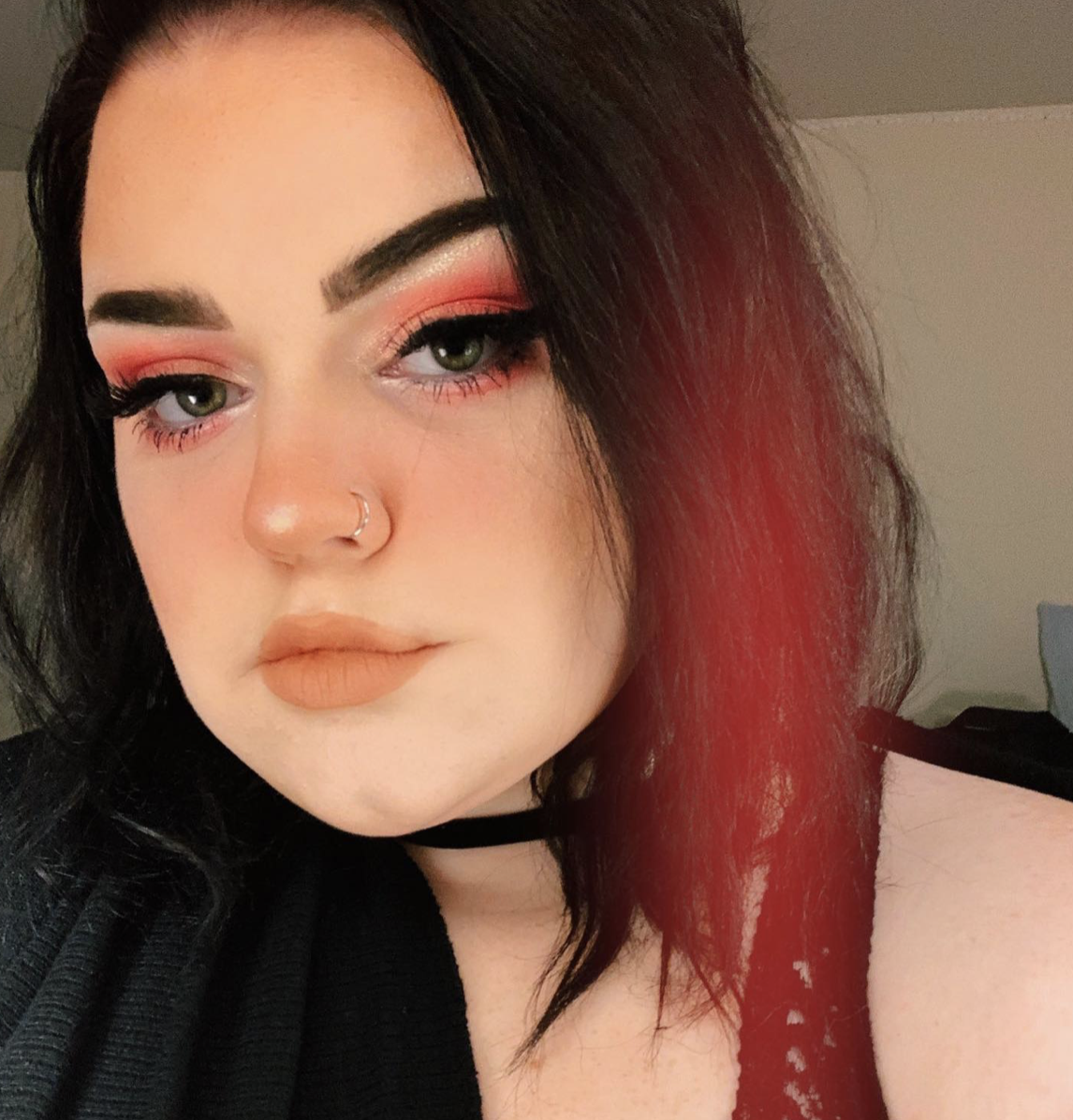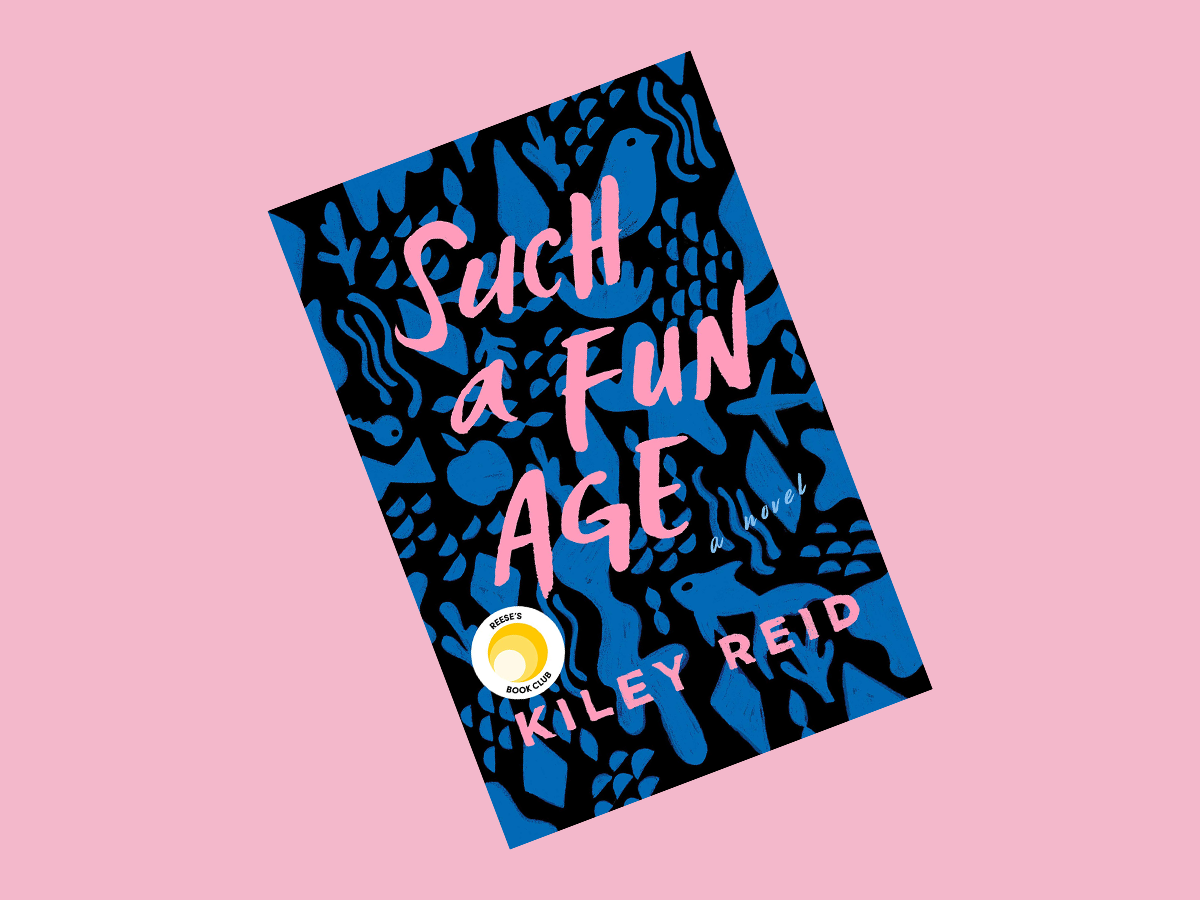 Kiley Reid’s debut novel explores the relationship between Emira Tucker, a young black babysitter, and her employer Alix Chamberlain. Released on December 31st, Such A Fun Age showcases the themes of privilege and race in today’s society. We had the opportunity to discuss the inspiration behind this book with Kiley Reid, as well as how her writing process influenced Such A Fun Age.
Kiley Reid’s debut novel explores the relationship between Emira Tucker, a young black babysitter, and her employer Alix Chamberlain. Released on December 31st, Such A Fun Age showcases the themes of privilege and race in today’s society. We had the opportunity to discuss the inspiration behind this book with Kiley Reid, as well as how her writing process influenced Such A Fun Age.
Caitlyn McGonigal: Such A Fun Age is your debut novel, but you’ve also published short stories in the past. What was it like transitioning from writing short stories to a book? What was your favorite part of the process?
Kiley Reid: I was writing this novel alongside short stories, which often served as a nice distraction whenever I hit a wall. When I got to graduate school and had ample time to write, that was the big transition from writing short stories to a full focus on the novel, and it was incredible. Having the time to make plot lines and characters bulletproof was a dream. My favorite parts were probably the moments after working a scene to no avail, and then figuring it out hours later while doing something completely unrelated to writing, like walking home from class or being at the gym.
CM: I saw that Lena Waithe acquired TV/Film rights to the novel; what would you like to see from an adaptation of your book?
KR: Part of me doesn’t want to be too precious about the adaptation as I know that film requires things that novels don’t and vice versa. But what I would like to see is that the cringey moments, especially those around class and money, are made just as uncomfortable as they are in the book, and hopefully more so. I’d also love to see how the aspects of colorism work with black actresses of all shades.
CM: What inspired you to write Such A Fun Age?
KR: From the beginning, I was drawn toward the idea of an awkward relationship between three people. I’ve always been interested in class dynamics, and that on top of the idea of ownership began to shape these relationships. I think it’s interesting when people feel ownership over other people, because they’ve known them longer or because they’re dating, or because of a long history of slavery and people as property. These interests meshed with my background as a nanny and my love of children, and that’s where the novel started.
CM: I read that you taught creative writing workshops that focused on race and class. Did your experiences in these workshops influence how you wrote your book?
KR: I actually taught writing workshops the semester after I’d sold my novel, so by then I was in the editing process with my editor. But I love teaching and definitely think it influenced how I thought about the novel in the editing stages. I teach a class about basics of dialogue where we focus on what each line of dialogue is accomplishing, specifically when it comes to creating character, signaling conflict, establishing setting, or hinting at history. Teaching definitely made me look twice at my characters’ dialogue, since there is so much, especially at the end of chapters where you’re trying to stick the landing.
CM: Were the characters in the book inspired by anyone or anything in particular?
KR: The characters are all complete fiction. I was definitely inspired by the six years I spent working with children, and the complicated, awkward interactions I was privy to that can happen between children, parents, and caretakers.
CM: What was it like writing the setting of the book? You recently moved to Philly, and the novel takes place within the city as well.
KR: I went to Philadelphia for the first time in 2016 and I fell in love with it. I knew I wanted to base the novel here, and I felt like my newness to the city would actually be an asset as both of my main characters are also new to Philly, and they see it in very different ways. While I was writing the novel, I lived in Iowa City, but I came back to explore the neighborhoods my characters lived in. I loved it so much that I came back with my husband to see if he loved it, too. He did and we’re very happy to be here.
CM: What was something you learned during the writing process for this book that you think is important?
KR: Writing a novel with a lot of plot becomes a big exercise in editing. I definitely learned that it’s better to fail early and often, and to let go of ideas that just aren’t serving the story. I like to write out the arc of my stories, but even then, I definitely had to take a step back and make sure that these were the decisions that the characters would make as they revealed their tendencies more and more. There is a scene at Emira’s apartment that I originally thought (for months!) would happen at the Chamberlains’ house. But it became clear that in that moment, Emira would never leave her apartment, and the other characters needed to come to her. It ended up being one of my favorite chapters and an opportunity to show her life through Alix’s eyes, so I’m glad I made the changes even though it came at the cost of several hours and pages.
CM: Was there a certain character you felt strongly connected to as you wrote them?
KR: I wouldn’t say I felt personally connected to her, but I definitely began to feel strongly about Tamra, especially as I wrote the Thanksgiving scene. I wanted both Emira and Alix to have groups of friends that were loyal and smart, but also friends that have strong biases and don’t always give the best advice. Code switching is something many black people are familiar with and Tamra was an opportunity for figuring out what that looks like on the page. She is a high-income black woman who has a lot of strong opinions on what success looks like and I loved putting her and Emira in the same room.
CM: What do you hope readers take away from Such A Fun Age?
KR: My first hope is that they enjoy it. I love losing myself and my sense of time and responsibilities when I’m reading a book and I hope this novel gives that to others. I also love looking at the shape of a novel through the rules that are placed upon the world, and in this novel, and in our own world, health insurance, or the lack of it, has a massive effect on low-income people. I would love for this novel to inspire readers to look at people as a symptom of bigger, broken systems.
CM: What is your writing process like? Do you have a routine that works for you?
KR: My process changes depending on how much text I have to work with. If I’m creating something, like I am now, it’s a bit slow. I typically write Monday – Thursday for about 3 hours in the morning, but a lot of that time is me just staring into space and figuring out what I’m trying to do. But once I have a large body of work that needs editing, I’ll work on it all day. Toward the end of Such A Fun Age, there were about 8 weeks of very long days, as it’s hard to get back into the world once I stop. I like the routine of writing every morning but what’s equally important is stopping in my tracks to send myself an email or write some dialogue into my phone.
CM: What inspired you to start writing, and how long have you been a writer?
KR: I’ve always loved storytelling and was constantly reading and writing as a child. When I was twenty-three, I realized that I wanted to write professionally, which, for many years, meant writing after work and during lunch breaks and getting lots of rejections. Graduate school was definitely a changing point as I had time and financial support to write full time.
CM: Do you have any writing goals for the new year? Or specific goals in general you’re looking forward to?
KR: I’ve weakly started on novel number two, which is exciting. Another big goal is to gain community in Philadelphia and explore as much as I can.
CM: Is there a book or an author whose work you’re really enjoying right now?
KR: I’m currently reading James Baldwin’s Notes On A Native Son and it’s just as great as everything else I’ve read of his. I love that he starts the essay collection by mentioning that he’s thirty-one years old.
CM: What advice would you give to someone who wants to become an author?
KR: I would encourage writers to fully flesh out their characters and find the good and bad traits of all of them, especially the characters they don’t like. Nonfiction has also been a big help in research and inspiration. Whatever you want to write about, some expert has already studied it, and reading their work can only help.
Kiley Reid’s book launch event will take place on January 6th. Details can be found below.
Monday, January 6 at 7 PM
Uncle Bobbie’s
5445 Germantown Avenue
Philadelphia, PA 19144

Caitlyn is a junior at Drexel University studying Entertainment Communications. She is the founder and head of Philadelphia-based music publication Ascribe Magazine, and writes for her photography blog Captured By Caitlyn in her spare time.
